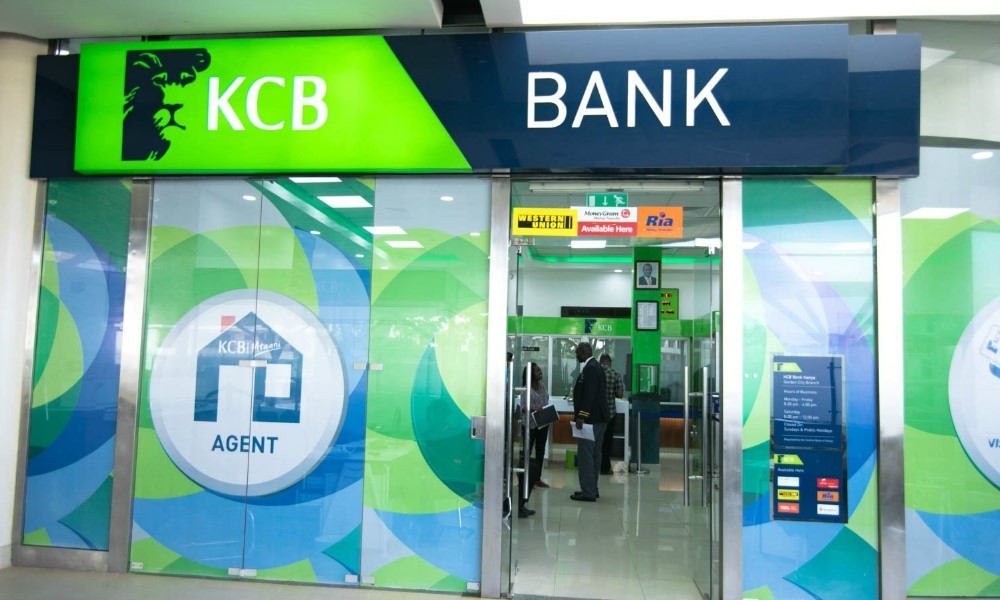Kenya’s biggest bank by assets has put on hold plans to expand into Ethiopia where fighting between the federal government and the restive Tigray region has killed hundreds of civilians, and now expects to only restructure 20% to 22% of its loans by the end of the year due to the fallout from COVID-19.
Kenya Commercial Bank (KCB) Group Chief Executive Officer (CEO) Joshua Oigara said that the bank was waiting for the uncertainty caused by the coronavirus pandemic to settle down before pursuing an entry into Africa’s second most populous country.
“The conversations for Ethiopia are not continuing for now,” the CEO said in an interview, without referring to the incursion. “It will have to happen once we are clear about how the pandemic goes.”
Regulators in Kenya and other countries where KCB operates have allowed banks to restructure loans and reschedule payments for customers suffering under the pandemic ever since COVID-19 first hit East Africa in March. In August, the bank had projected a restructuring of 25% of its loans, with businesses resuming payment KCB chose to lower their estimate.
“Some of the customers have come back and told us ‘we are comfortable’, they are comfortable to continue paying their facilities as business as usual,” Chief Financial Officer Lawrence Kimathi told Reuters. “So we are looking at, I would say, between 20% and 22%.”
The bank also restructured customer loan facilities worth $1 billion to cushion borrowers from the impact of the pandemic.
KCB, which also operates in Rwanda, Burundi, Tanzania, Uganda and South Sudan, posted a 37% drop in nine-month pretax profit to $157 million on Wednesday as it increased provisions for bad loans.
Kimathi said he expected National Bank of Kenya, which KCB acquired in 2019, to contribute $10 million of the group’s profit for 2020.
“Going forward, we see that number tripling into 2021,” he said.
The company will require to cut staff, which accounts for almost 45% of total expenses, the CEO said, without providing more details. It will further reduce costs such as leases, meals and travel by December.
“We are also looking very strongly at our own technology investments as we migrate transactions in those areas,” Oigara said. “That will also reduce any additional staff costs.”
KCB forecasts new customer loans will increase 9% in the last three months of 2020.
Loans rose 19% in the first nine months of the year, though the increase would have been 8% without the inclusion of National Bank’s business on KCB’s books, the company’s financials indicate.

